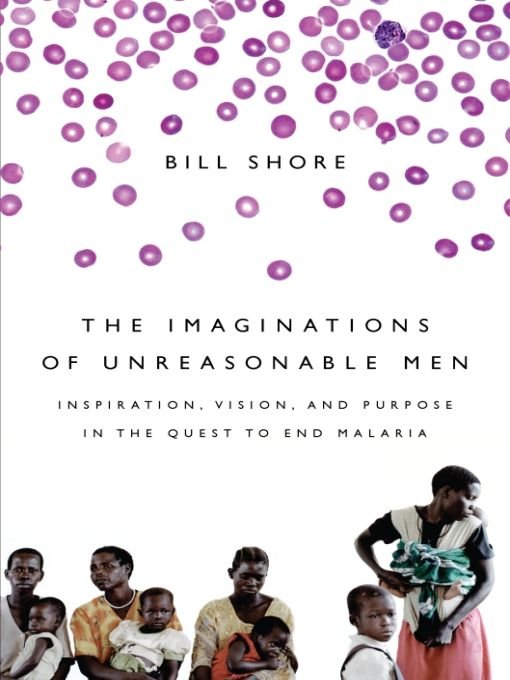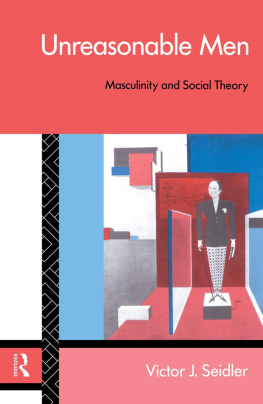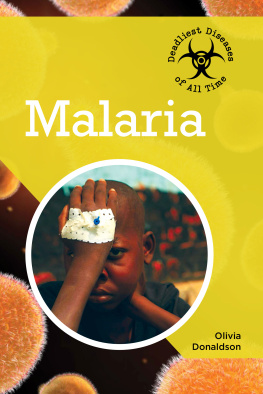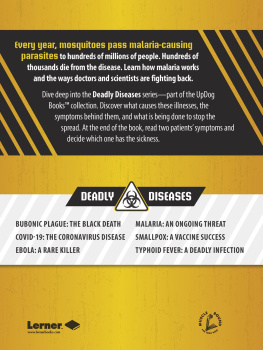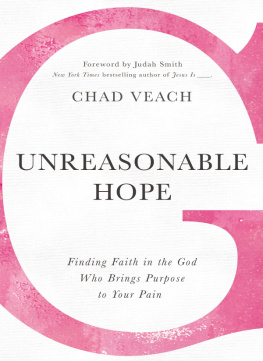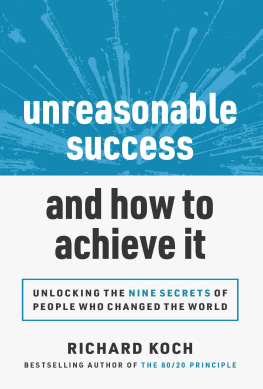Table of Contents
For Rosemary, first, last, and always.
INTRODUCTION
AT MY DINING-ROOM TABLE, the glow of two flickering candles illuminates the photograph of a beautiful young woman. In the image she is thirteen years old and sitting attentively at a polished wooden desk. Her skin is coffee brown, her eyes bright and searching, and her dazzling smile and gentle expression hold the promise of a limitless future.
The picture was taken in an Ethiopian village called Yetebon, about a three-hour drive south of Addis Ababa. I was there in 2002 with a delegation of business and philanthropic leaders who support Share Our Strength, the anti-hunger organization my sister and I founded in 1984 following one of Ethiopias most devastating famines. We started the organization with the belief that everyone has a strength to share in the global fight against hunger and poverty, and that in these shared strengths lie sustainable solutions.
Project Mercy is a U.S.-based nonprofit that seeks to educate and supplement healthy lifestyles for impoverished communities around the world. Its first and main campus is located in Yetebon, where Project Mercy had built schools and kitchens and helped to plant community gardens. In the wake of a famine, the group was in the midst of a new construction projecta hospital. Share Our Strength had gone to Yetebon to partner with Project Mercy and to generate more awareness and resources for its work.
At one point in our trip, a few of us stepped into an English class in the Project Mercy campus school. The teacher asked one child after another to stand and tell us what they wanted to be when they were older. After each child had spoken, and after I had thanked the class for allowing us to visit, one girl said something so quietly that I could hardly hear her. She was the only person who spoke without being called upon. I walked over and knelt down to ask her what she had said. She repeated so that I could hear it: God bless you.
Like any child, she was shy, but unlike many she did not look away. Something about her presence set her apart. She told me her name. I asked her to write it down for me so that I would know the correct spelling. She searched her notebook for an empty space and carefully formed the letters of the English alphabet she had learned in school, writing Alima Dari.
We talked for five or ten more minutes. I told her where we were from and why wed come to visit. I complimented her on her English. She told me about her brothers and about her walk to school, and where her family lived.
Eventually, I rejoined the Share Our Strength group to tour the cattle shed, the gardens and kitchen, and the partially built hospital. When finally it was time for us to leave, all of the children, hundreds of them, lined the road from the school to the main gate. As I walked toward them, I scanned the faces for Alimas. There were close to three hundred children, standing three rows deep. It should have been impossible to find her. In fact I soon realized that it was impossible not to find her. She beamed at me, and I waved and yelled Alima! I reached across the first row of children and we shook hands again.
On my way back to Addis Ababa, and to the United States, I asked myself why one young woman among so many had made such an impression on me. I didnt fully understand it then, nor do I claim to understand it now. I just knew that it moved me. I was simply delighted to have met Alima. I was struck by the sense that anything was possible for heror for anyone who was so ready to live life to the fullest. From that day forward I followed her progress. For a little over a year we exchanged letters. I received pictures of her reading her graduation speech. I have had many different experiences in my travels for Share Our Strength, but never have I connected with anyone quite the way I did with Alima.
The following summer, when my colleague Chuck Scofield returned to Ethiopia, I gave him a handwritten letter to deliver to Alima. Though Chuck and I keep in close touch, I didnt hear from him for weeks. Then one morning I received this email:
Dear Billy, I have not called because I have been avoiding sharing bad news that I learned with regard to Alima. She died a couple of months ago as a result of TB and cerebral malaria. All at Project Mercy were and are extremely sad about losing such an amazing person. Evidently the hospital in Butajira only treated the TB without realizing that she had the most deadly form of malaria. By the time they got her to the hospital in Addis it was too late. I hate like hell to share this news with you.
I was stunned. I have often been moved by the work Share Our Strength carries out. The organization has frequently worked in difficult circumstances in the aftermath of tragedy and disaster. But this was the first time in nearly two decades that Id felt a sense of loss that touched me personally. It was the first time Id experienced the brutal impact of poverty and disease on someone I knew and whom I had come to care for. This one small catastrophe had taken place not in a ravaged landscape but, ironically, in a setting of optimism and hope. With all the new building and progress at Yetebon, it was cruelly incongruous that Alima should have died.
It is tempting to describe Alimas death as senseless, but in a terrible way it makes perfect sense. Nearly 3,000 children die from malaria every day, almost 1 million each year. Malaria is the leading cause of death for children in Africa. Global spending on malaria control at the time of Alimas death was $200 million a yeara drop in the ocean. Perhaps Alimas death was inevitable. Treatment within twenty-four hours of the onset of malaria symptoms is essential. Unfortunately, lack of sufficient funds had prevented the hospital at Yetebon, a short walk from Alimas classroom, from being finished before she contracted malaria. Although Yetebon now has its hospital, many African towns and villages do not.
Such thoughts swirled in my head in the wake of the news about Alima. They were somewhat despairing. In time, though, I became convinced that Alimas short life was long enough to show that action and inaction each have consequences, that lives hang in the balance when it comes to the generosity and commitment with which we pursue our work. It was long enough to make me aware of the fact that Alima and her classmates were among the most voiceless beings on the planet. Children in their situation around the world are so nearly silent and invisible that there is no economic market for delivering to them the basic goods and services that we take for granted and that they desperately need just to stay alive. Given the huge up-front investment that drug and vaccine development require, theres no profit to be found on a continent where peoplepotential customersearn less, on average, than $2 a day. When economic markets fail, the gap is sometimes filled by political markets, or governments responding to a need. When economic and political markets both fail, as they have failed Africas children, only charity or philanthropy remain as a last resort.
While I was thinking about the lessons that Alimas life signified, I began to wonder who, in the developed world, might be trying to help children like Alima and her classmates. Was there anyone dedicated, determined, or driven enough to want to try to cure a parasitic disease like malaria, which ravages not New Jersey and California but countries and peoples continents away, who have neither the money to pay for treatment nor the ability even to ask for it? Was there anyone who was possessed by the idea, as I had become, that malaria had to be defeated?

